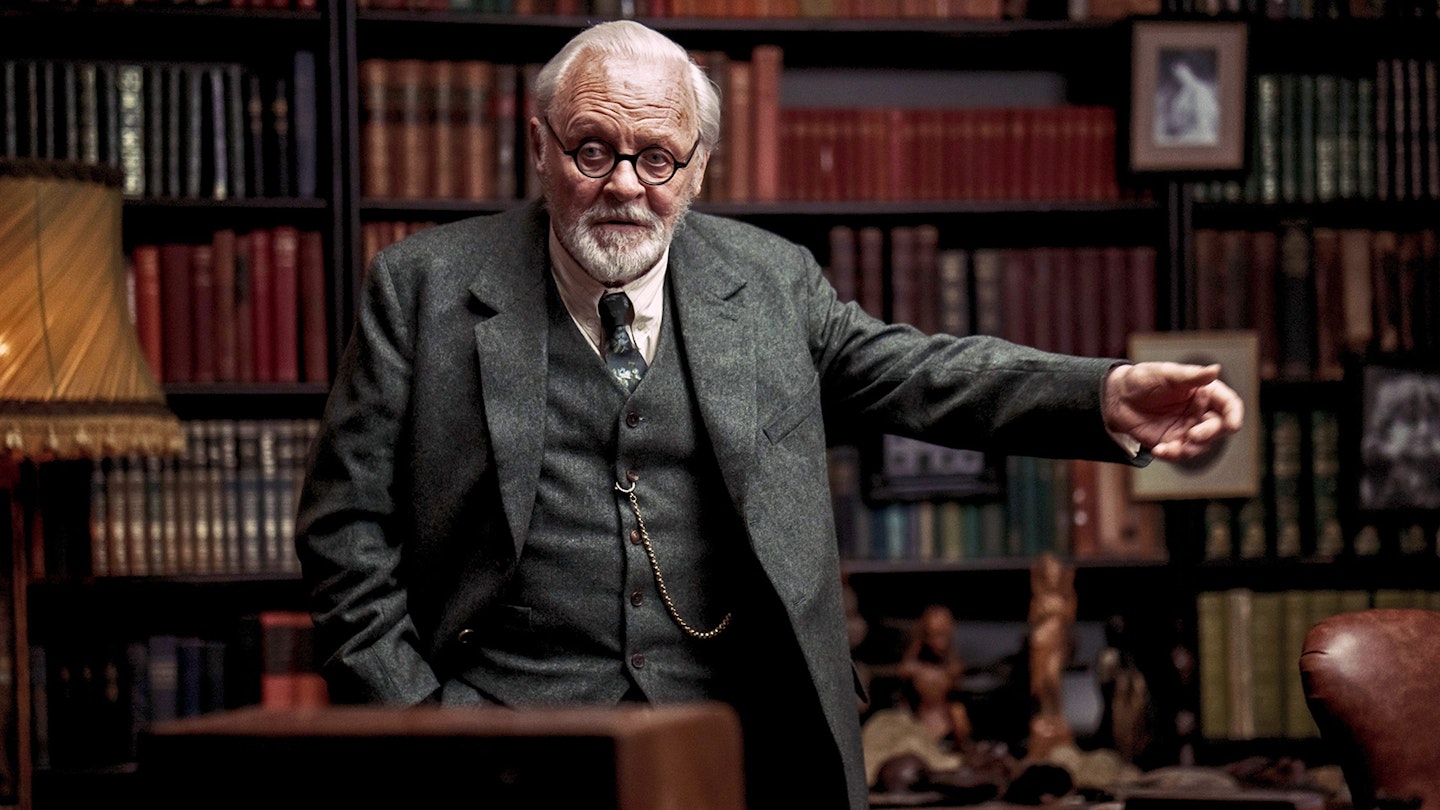A postscript to this philosophical effort explains that an unknown Oxford don visited Sigmund Freud’s London home shortly before his death in 1939. What if, the film asks, it had been C.S. Lewis? Well, then we might have had a conversation a little like this confection — although probably considerably sharper.

Freud (Anthony Hopkins) was a prominent atheist: not that that protected him from persecution by the Nazis for his Jewish roots, driving him to flee Vienna to London with his family. Matthew Goode’s Lewis, meanwhile, lost and rediscovered his faith after the early death of his mother and the trauma of World War I. As a second World War looms, both men reckon with its cost and their own regrets. Like One Night In Miami or Mary Queen Of Scots, this therefore uses an imaginary meeting to explore both men’s lives and work, but somehow to less than satisfying effect.
The problem is that the conversation drags, with long silences punctuating brief, sometimes rather obtuse attacks on one another’s points of view.
It's not an inherently bad idea, nor an uninteresting pair of characters — especially given the complicating factor of Freud’s struggle to control his daughter Anna (Liv Lisa Fries) and to ignore her relationship with Dorothy (Jodi Balfour), in defiance of all his own theories and ideals. The problem is that the conversation drags, with long silences punctuating brief, sometimes rather obtuse attacks on one another’s points of view. It makes sense that Lewis would be too polite to attack an ailing old man, but equally he can’t be this passive and still make his case.
Frequent flashbacks to Lewis’ war years and Freud’s triumphs and tragedies attempt to amp up the visual interest, but end up distracting from what should be a thrilling clash of ideas. Ultimately, you are left frustrated that the writing and direction can’t do justice to the brilliance of either of the men at the film’s heart, nor their ideas.
